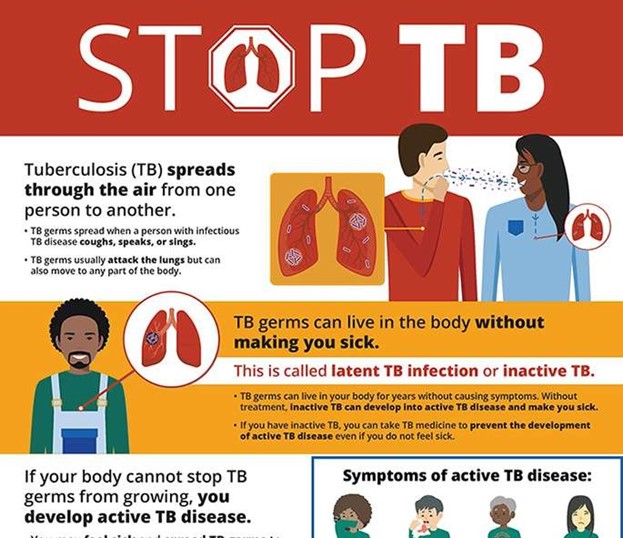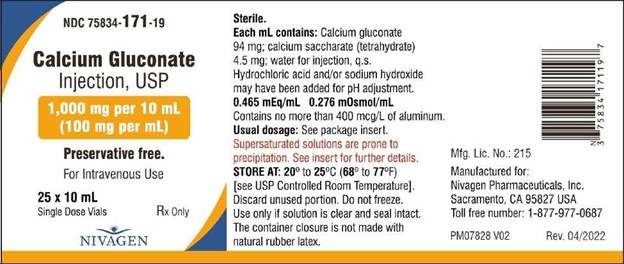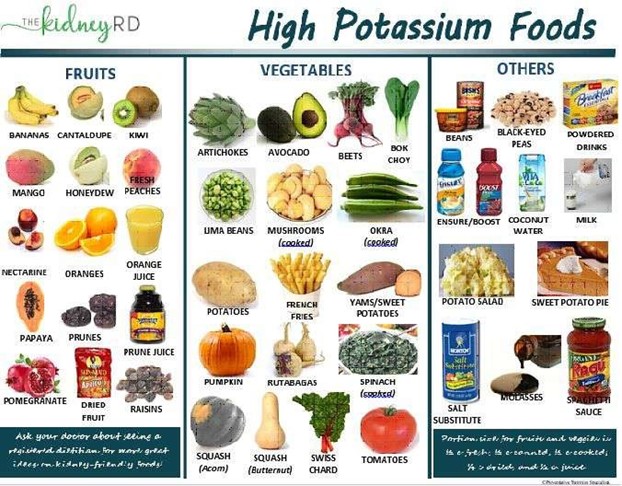A nurse is teaching a client who has active pulmonary tuberculosis about management of medication for the disease.
Which of the following statements is appropriate for the nurse to make?
"You should report monthly to have your blood drawn to monitor kidney function while taking medication.”
"You will need to undergo tuberculin skin tests every 6 months while taking medication for your disease.”
"You will need to take two or more medications to treat your disease.”
"You should anticipate taking medication to treat your disease for at least the next 3 years.”
The Correct Answer is C
The nurse should inform the client that they will need to take two or more medications to treat their disease [C].

The treatment of active pulmonary tuberculosis typically involves a combination of several antibiotics for a period of 6 to 12 months.
Choice A is wrong because monitoring kidney function is not typically necessary while taking medication for tuberculosis [A].
Choice B is wrong because tuberculin skin tests are not necessary every 6 months while taking medication for tuberculosis [B].
Choice D is wrong because the duration of treatment for active pulmonary tuberculosis is typically 6 to 12 months, not 3 years [D].
Nursing Test Bank
Naxlex Comprehensive Predictor Exams
Related Questions
Correct Answer is D
Explanation
An intravenous (IV) calcium supply can help calm some symptoms of hypermagnesemia.

Calcium helps normalize your heartbeat and breathing.
Choice A is wrong because Protamine sulfate, is not used to treat hypermagnesemia.
Choice B is wrong because Flumazenil, is not used to treat hypermagnesemia.
Choice C is wrong because Acetylcysteine, is not used to treat hypermagnesemia.
Correct Answer is A
Explanation

Spironolactone is a potassium-sparing diuretic that can increase potassium levels in the blood.
It is important for clients taking spironolactone to limit their intake of potassium-rich foods to prevent hyperkalemia (high potassium levels).
Choice B is wrong because “I will take the medication on an empty stomach,” is not the correct answer because spironolactone can be taken with or without food.
Choice C is wrong because “I will use salt substitutes in place of table salt,” is not the correct answer because many salt substitutes contain potassium and can increase the risk of hyperkalemia.
Choice D is wrong because “I will double up on my medication if I miss a dose,” is not the correct answer because it is not recommended to double up on medication if a dose is missed.
Whether you are a student looking to ace your exams or a practicing nurse seeking to enhance your expertise , our nursing education contents will empower you with the confidence and competence to make a difference in the lives of patients and become a respected leader in the healthcare field.
Visit Naxlex, invest in your future and unlock endless possibilities with our unparalleled nursing education contents today
Report Wrong Answer on the Current Question
Do you disagree with the answer? If yes, what is your expected answer? Explain.
Kindly be descriptive with the issue you are facing.
